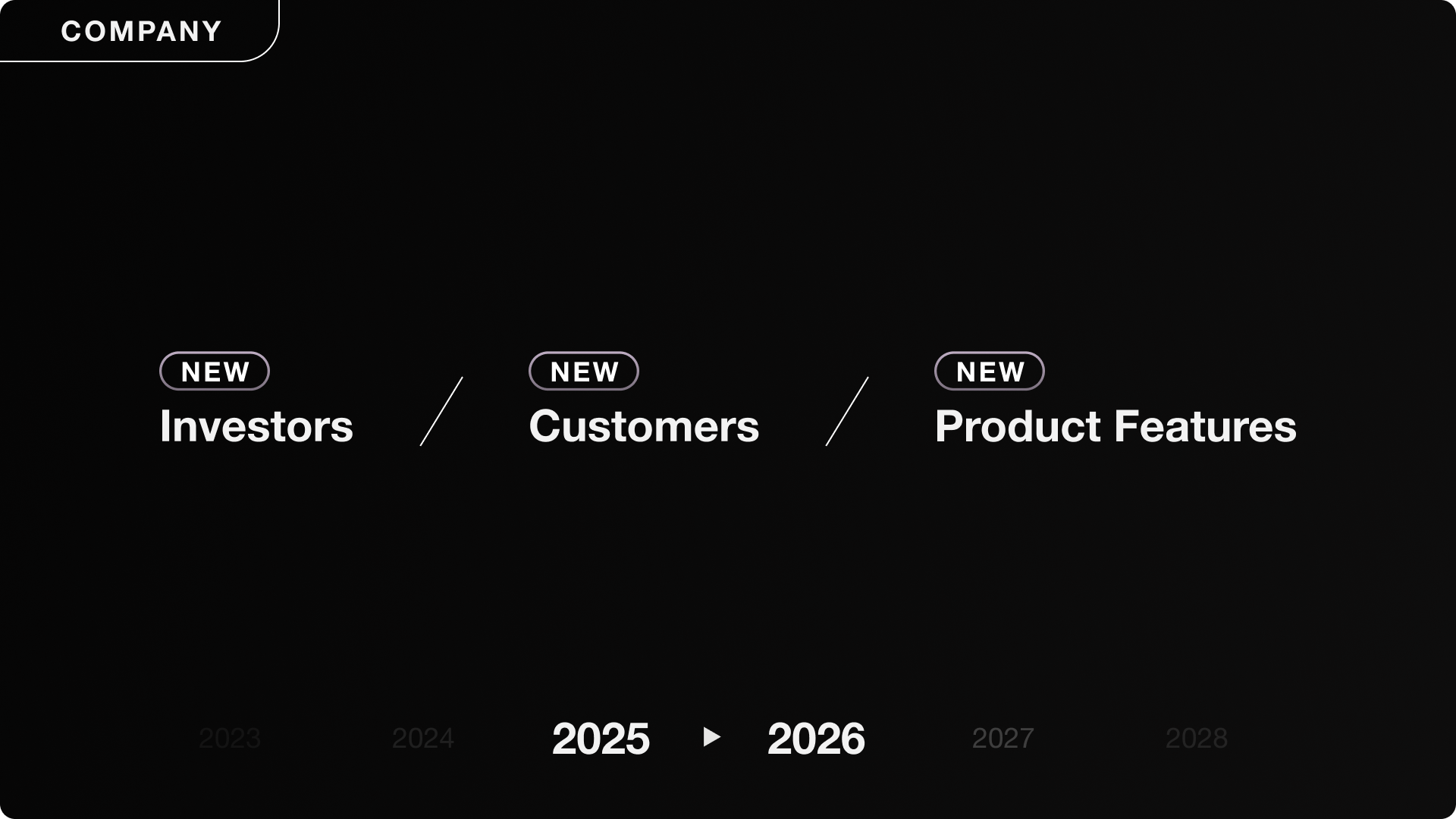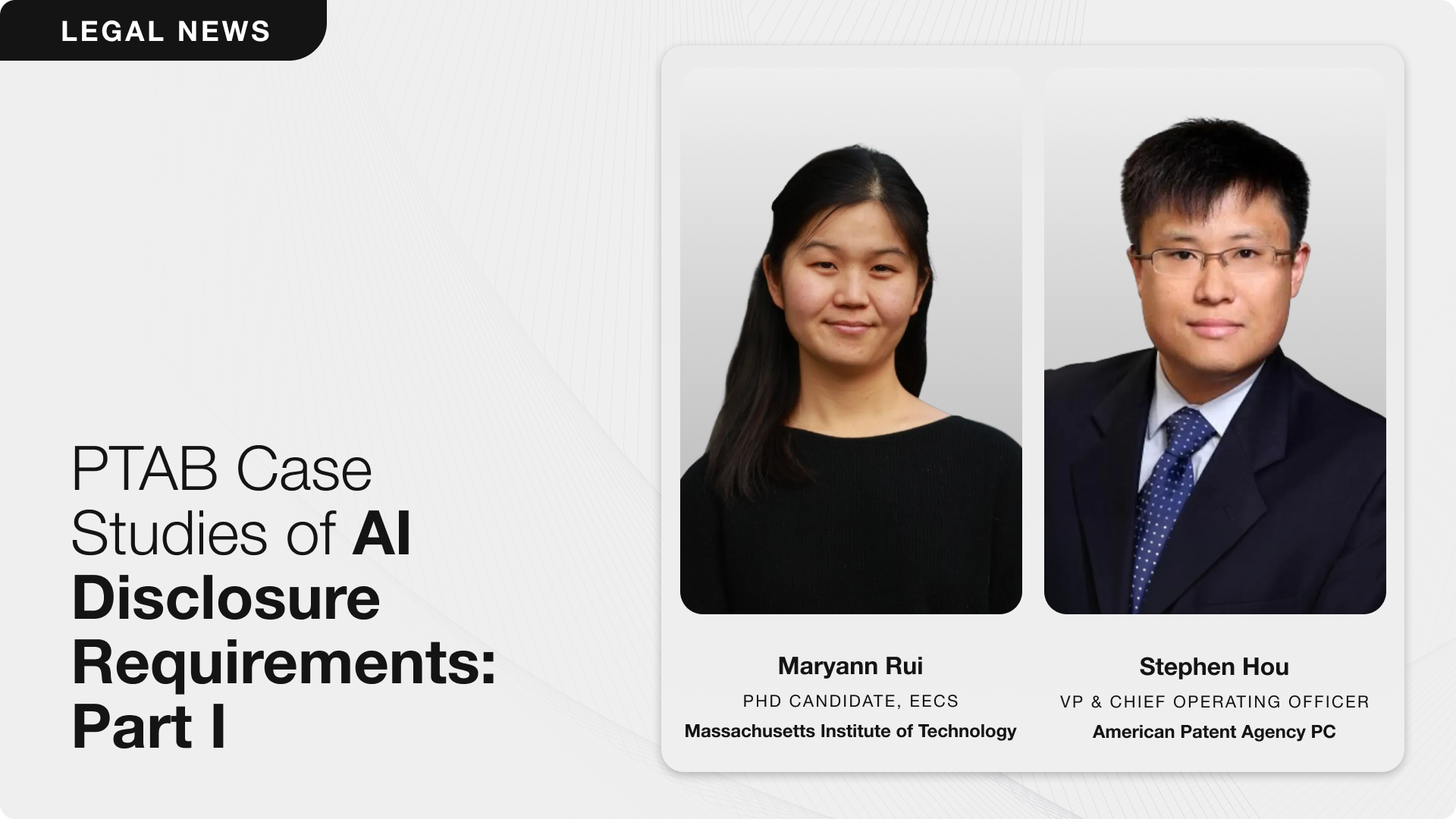EPO to Use AI Tools for Minuting Oral Proceedings
The European Patent Office (EPO) has announced a pilot project to implement artificial intelligence tools to assist in the preparation of minutes during oral proceedings conducted by videoconference. This development represents a notable evolution in the EPO's approach to procedural documentation, but aligns with the recent trend of increasing AI adoption by the EPO generally.
Background: Manually-Recorded Minutes
The EPO has consistently maintained that oral proceedings are not to be recorded, by the EPO, parties to proceedings, or the public, with the minutes prepared by the responsible EPO division serving as the only official record. The 2025 Guidelines for Examination (E-III, 10.1) specify that "Sound recordings are made only in the case of taking of evidence. The recording is kept until the end of any possible proceedings. Copies of the recording will not be provided to the parties." This limited exception has been the only context in which any form of recording was permitted during EPO proceedings.
The New AI Initiative
In an announcement dated April 8, 2025, the EPO stated it will begin using AI to assist in preparing minutes for oral proceedings conducted by videoconference. The EPO has provided some clarity regarding how use of an AI tool to this end will be implemented:
- Oral proceedings held by videoconference before the Receiving Section, examining divisions, opposition divisions and the Legal Division may be audio recorded by the EPO
- The pilot will initially be limited to proceedings conducted in English.
- These recordings will be deleted once the minutes of oral proceedings are issued to the parties to proceedings.
- This will apply from 1 May 2025
- The recording or transmittal of oral proceedings in any form by participants other than EPO employees remains prohibited.
Implications for Patent Practitioners
This development reflects the EPO’s growing recognition that carefully implemented and appropriately supervised AI tools may help to enhance procedural efficiency without compromising legal certainty.
For patent attorneys regularly appearing before the EPO, this pilot also raises interesting questions about the future role of AI in proceedings. Although recording proceedings by other participants is still expressly prohibited, if the EPO itself is now utilizing AI tools during oral proceedings, might similar technologies eventually be permitted for use by participating parties?
At Solve Intelligence, we are closely monitoring these developments and the wave of AI adoption across patent offices around the world more generally. The EPO themselves have stated that "The EPO is committed to using AI and machine learning technologies to increase quality and efficiency in the patent grant process [...] closely following a human-centric approach." We share this human-centric philosophy at Solve Intelligence, where we believe in putting patent attorneys in the driving seat of AI adoption. Our approach focuses on augmenting—not replacing—attorney expertise, ensuring that human judgment remains central while leveraging AI to handle routine tasks and improve efficiency. We recognize that the most effective AI solutions for patent practice are those that complement attorneys' specialized knowledge while giving them complete control over the final work product.





